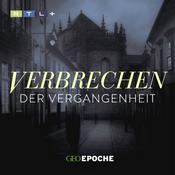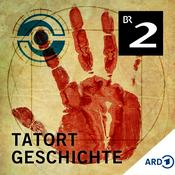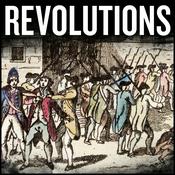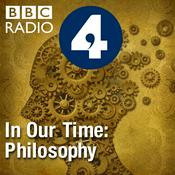335 Episoden
- Since the term arose in 1950's, "self-care" has referred to a number of different things. If we consider self-care to be things you do to remain physically and mentally healthy, then Zazen – simple, goalless, Zen meditation – can be seen as excellent self-care. In these troubled times, such self-care can even be seen as defiant – refusing to be broken down by challenging circumstances. Other forms of meditation can also be seen as self-care, of course, but Zazen can be a little difficult to get your mind around. Framing it as self-care may help you appreciate what it's all about.
- This a Q&A episode based on questions I've received from listeners: Does Zen have anything to say about human relationships? Can we learn anything from the cultural popularization of the term "Zen"? If we have no independent self-nature, what about our sense of enduring self? Do Buddhists practice confession like Catholics?
- Viewed historically, Zen is a form of Mahayana Buddhism that evolved from the original forms Buddhism that were established in India after the Buddha's death around 2,500 BC. Many aspects of original Buddhism are retained in Zen, including respect for Shakyamuni Buddha and his teachings. However, the degree of transformation Buddhism underwent when it took root in China and evolved into Chan (later called "Zen" in Japan) is difficult to overestimate, resulting in a path of radical nondualism. Both the ultimate goal of practice and the means to achieve that goal changed so radically that it's legitimate to question whether Chan is even Buddhism. If you want to walk the path of Zen/Chan, it's essential to understand how it differs from original Buddhism.
- Zen Buddhism exemplifies practice based in self-power, or jiriki. Pure Land Buddhism exemplifies practice based in other-power, or tariki. These are very different entry gates, but when we examine self-power and other-power more closely, we see that the ultimate goal of practice requires both.
Weitere Geschichte Podcasts
Trending Geschichte Podcasts
Über The Zen Studies Podcast
Learn about traditional Zen and Buddhist teachings, practices, and history through episodes recorded specifically for podcast listeners. Host Domyo Burk is a Soto Zen priest and teacher.
Podcast-WebsiteHöre The Zen Studies Podcast, Verbrechen der Vergangenheit und viele andere Podcasts aus aller Welt mit der radio.de-App
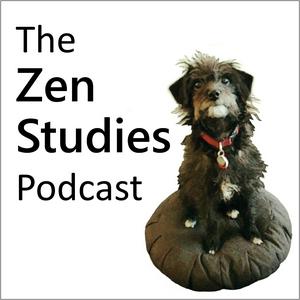
Hol dir die kostenlose radio.de App
- Sender und Podcasts favorisieren
- Streamen via Wifi oder Bluetooth
- Unterstützt Carplay & Android Auto
- viele weitere App Funktionen
Hol dir die kostenlose radio.de App
- Sender und Podcasts favorisieren
- Streamen via Wifi oder Bluetooth
- Unterstützt Carplay & Android Auto
- viele weitere App Funktionen


The Zen Studies Podcast
Code scannen,
App laden,
loshören.
App laden,
loshören.


